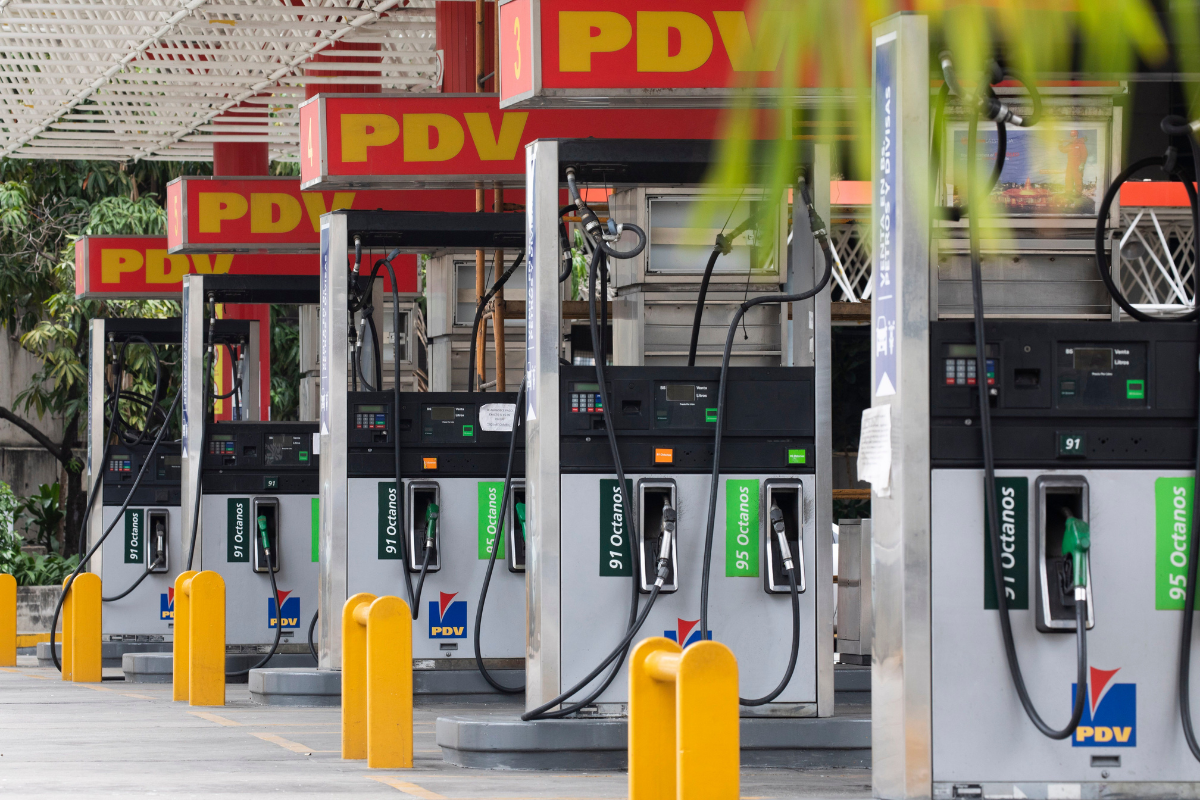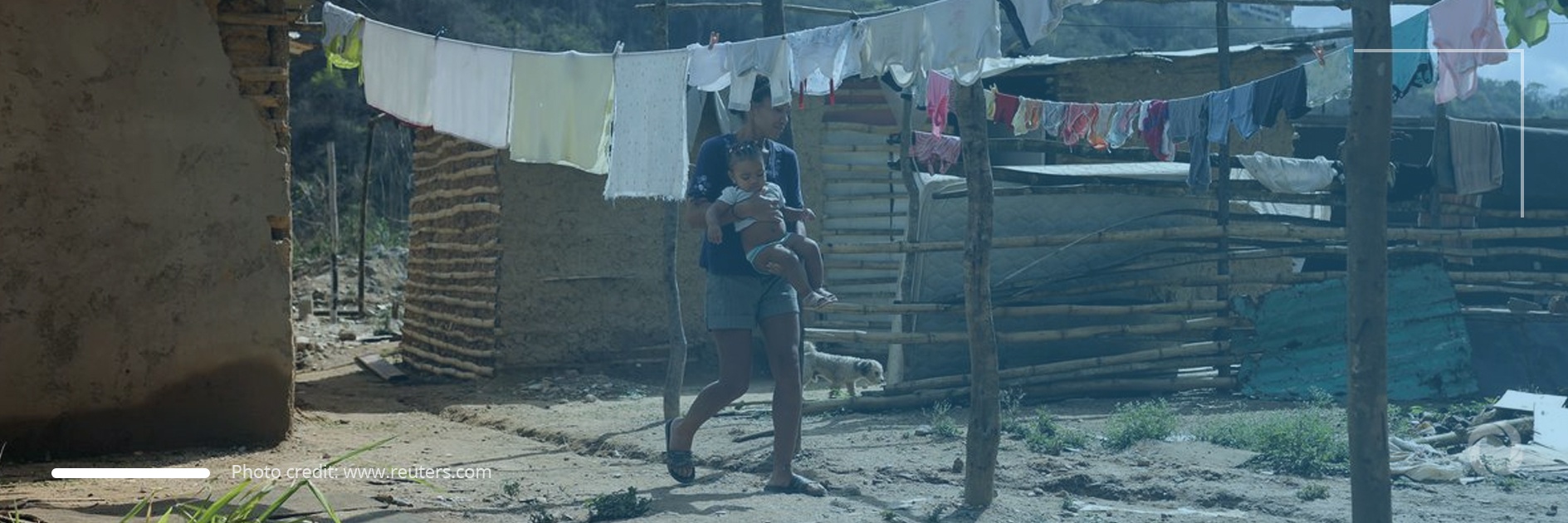As many as 76.6% of Venezuelans live in extreme poverty with this figure having increased by 9% compared to 2020, a recent survey has shown. The main reasons for this are the disastrous economic crisis the country has faced for years together with the fuel crisis and the COVID-19 pandemic.
Increasing poverty
Predictably enough, the poor have been the worst hit especially now that one out of every two Venezuelans rely on the informal economy to earn income. As the pandemic meant that many informal jobs disappeared, many people found themselves without work.
“It is the absence of opportunities. It is sitting in front of the door of the house, doing nothing, not because you do not want to do anything, but because there is nowhere to do it,” said Pedro Luis Espana, a UCAB sociologist who contributed to the study.
Fuel shortages
Poverty has been on the rise since 2014 when this Latin American country was hit by a severe and protracted economic crisis. It is estimated that Venezuela’s Gross Domestic Product (GDP) shrank by 74% between 2014 and 2020.
To add to this, in 2021 the country has reported repeated fuel shortages which have dealt yet another blow to the poverty statistics as at least 20% of the respondents indicated that they had problems with employment because they could not purchase fuel to get to their place of work.

Although Venezuela has the richest oil resources, it produces very little gasoline and diesel mainly because its refineries have never had sufficient capacity to do so and have always focused on processing crude oil instead. Furthermore, the country’s refinery infrastructure has been devasted following years of mismanagement. According to data that the Unitary Federation of Petroleum Workers of Venezuela unveiled in November 2020, national refineries were producing only 25% of that which was required, i.e., about 25,000 barrels a day.
Against this backdrop, Venezuela has swapped crude oil for fuel but the sanctions imposed by the previous US administration have largely hampered this transition which has triggered the fuel shortages. Prior to this, gasoline was free for citizens as in practice they did not have to pay for it but now fuel shortages have worsened the humanitarian crisis and increased food prices.
COVID-19 pandemic
The pandemic-triggered lockdowns struck another severe blow to the Venezuelan economy. The survey from May 2021 showed that only 9% of Venezuelans enjoyed food security while the UN World Food Programme estimated that before the pandemic one in three people did not have enough food. Hunger and poverty have forced about 5.6 million Venezuelans to leave the country which has resulted in one of the world’s largest displacement crises with most Venezuelans fleeing to other states within Latin America.
About the survey
The first ENCOVI survey was conducted in 2014 to cover the information gap caused by the Venezuelan authorities halting the publication of official data concerning social and economic issues. The recent survey was conducted amongst 14,000 households in 21 of the 23 Venezuelan states between February and March.

